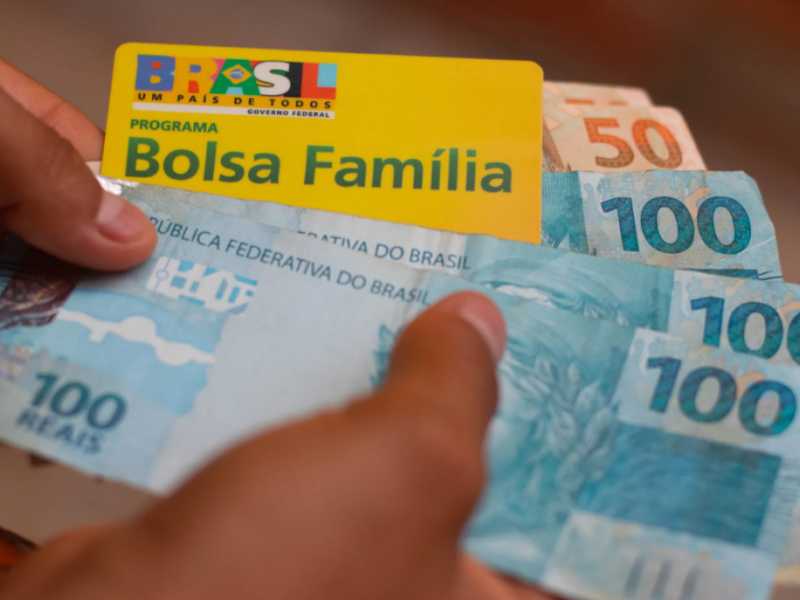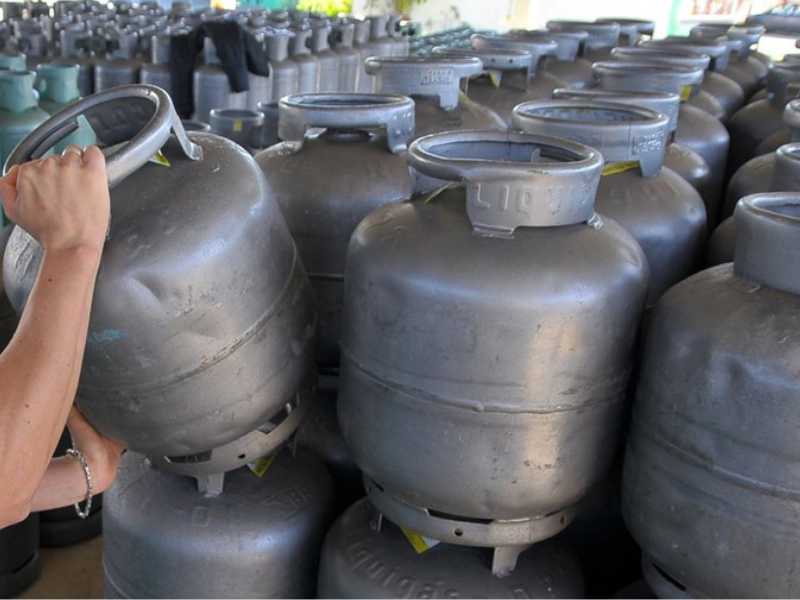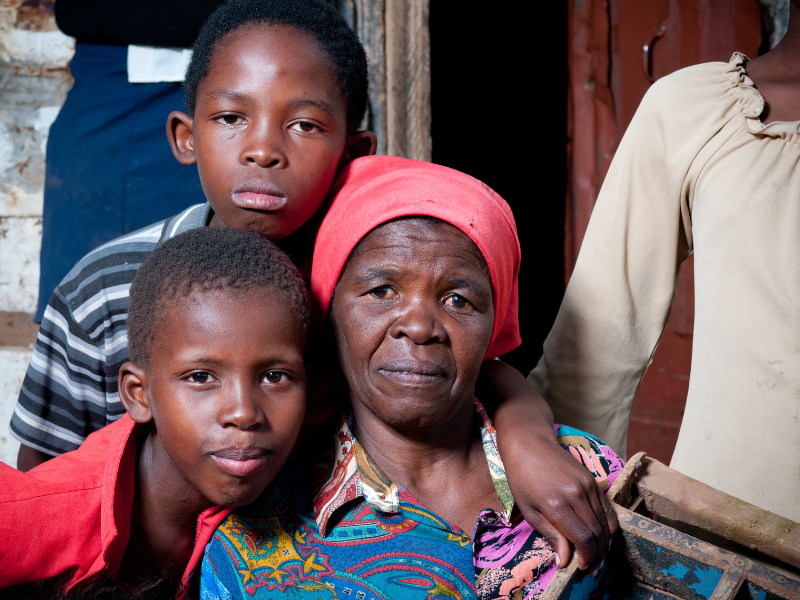Advertisements
Recently, rumors about the possible taxation of Pix by the Lula government have been circulating on social media, generating debates and concerns among users of this instant payment system. This discussion, however, is not new and always arises in different contexts, causing confusion and misunderstandings.
Since the launch of Pix, the Central Bank of Brazil (BC) has clarified that some types of transactions could be taxed by financial institutions, such as those carried out through in-person or telephone channels, or in operations for commercial purposes.
See More: IPVA starts to expire this Thursday. Check it out
Advertisements
What does the Central Bank say about Pix taxation?
The Federal Government, through the Central Bank, assures that there are no plans to start charging Pix for most transactions. In 2023, the BC had already denied similar rumors, stating that there were no studies to implement this charge. Therefore, it is crucial to clarify that the information about Pix being taxed in January 2024 is false. The fees that financial institutions can charge have been known since the beginning of the system and have not undergone recent changes. Therefore, this story is more like a rumor circulating on the internet.
Specific circumstances for fees
Despite Pix's guarantee that it is free for most transactions, there are specific circumstances where the relationship involves legal entities, and fees may apply. These situations include transfers made via static or dynamic QR Code, making more than 31 transfers via Pix in a month, and receiving amounts from business accounts. Even in these situations, the Central Bank clarifies that the fee amount does not follow a standard and may vary according to the policies of each bank or fintech.
Advertisements
The taxation of Pix by the Lula government, according to speculation on social media, is nothing more than a rumor. Pix continues to be a free transfer tool for most transactions, especially for individuals. It is always important to seek information from reliable sources and stay up to date with official communications from the Central Bank to avoid misunderstandings.
























